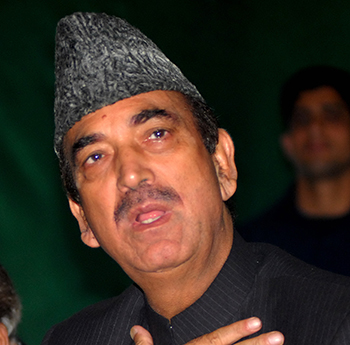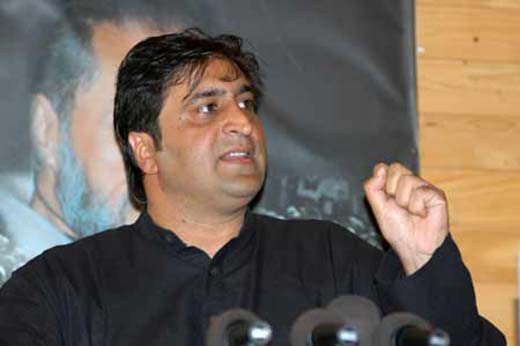by Tazeem Nazir
SRINAGAR: The death toll in the Turkey-Syria earthquake has crossed 25000 people as rescuers from more than 90 countries, including India, are desperately looking for survivors in the debris. Since February 6, when the twin earthquakes flattened a vast belt straddling the border, the region has witnessed more than 650 aftershocks, reports in international media quoting AFD said.
The earth ripped apart in Hatay, Turkey.
100 ft deep and 650 ft wide…
Locals say they heard the sound of a loud explosion before the earthquake. pic.twitter.com/GI8S8sUZMI
— Citizen Free Press (@CitizenFreePres) February 11, 2023
“This is the worst earthquake and perhaps the world’s largest inland disaster,” a Kashmiri student in Turkey said. “Seismologists say that the width of the fault line is between 150 km to 200 km, which means the destruction caused by the earthquake would be huge because the fault line is quite wide. They say it was a shallow earthquake as its epicentre was merely 18 km deep from the crust of the earth.”
In Turkey, the death toll has crossed 22327 people as 80,104 survived injured. In Syria, the total number of deaths stands at 3,553, including 2,166 in rebel-held areas in the northwest, according to the White Helmets civil defence group. There have been 1,387 deaths in government-controlled parts of Syria, according to Syrian state media. The total number of injured people in Syria across all affected territories stands at 5,273, with 2,326 in government-controlled areas and 2,950 in rebel-held areas.
We Care.#IndianArmy#Türkiye pic.twitter.com/WoV3NhOYap
— ADG PI – INDIAN ARMY (@adgpi) February 9, 2023
Forecasting by rescue and relief workers suggest millions stand rendered homeless including 53 lakh in Syria alone.
Most of the people were asleep when the disaster hit the region. AFAD, Turkey’s disaster management authority, is being helped by 7800 rescue workers from more than 90 countries. Two major teams from India are part of the rescue and relief operations.
“The first three days are critical for evacuation and saving lives during a disaster. But miracles do happen, even today people are being rescued alive,” the student, referring to the reports appearing in the Turkish media said.
The student said that the major problem was managing translators who could help international teams to interact with the host population. Most of the international teams speak English but Turks prefer Turkish over every other language.
“Apart from AFAD translators, international students and international workers have joined the rescue and relief work and they are helping the international rescuers to communicate with the people.”
India launched a search and rescue operation to aid Syria and Turkey named as Operation Dost. “Our teams are working day and night as a part of ‘operation dost’. They will keep giving their best to ensure maximum lives and property are saved. In this critical time, India stands firmly with the people of Turkiye” tweeted prime minister Narendra Modi.
There was a lot of reportage about Turkey getting preference in rescue and relief, unlike the war-torn Syrian belts. This led to certain changes in the last few days.
The US has temporarily eased its sanctions on Syria in an effort to speed up aid deliveries to the country’s north-west, where almost no humanitarian assistance has arrived despite the deaths of thousands in this week’s earthquake. “I don’t think that this license will suddenly open the floodgates and allow for unhindered humanitarian access and delivery in Syria,” said Delaney Simon, a senior analyst at the International Crisis Group’s US programme, was quoted as saying by the Guardian. “There are just too many other access issues. But I hope that the license will ease the concerns of financial providers, the private sector, and other actors, to show them that sanctions won’t be a risk for them to engage in Syria.” The United States will provide $85 million in humanitarian aid to Turkey and Syria.
Rescue teams from Russia have also been sent to both Syria and Turkey.















